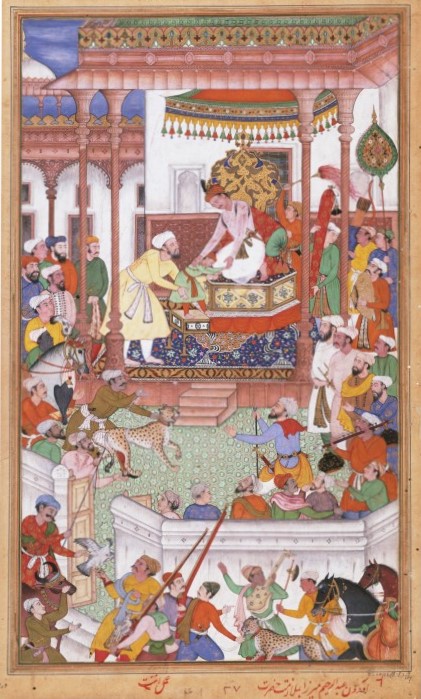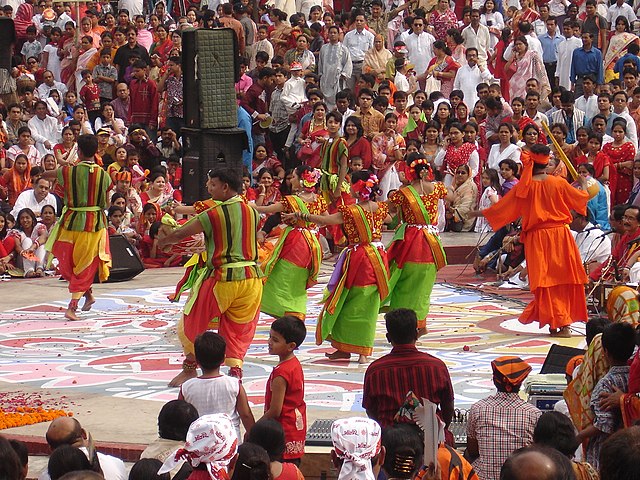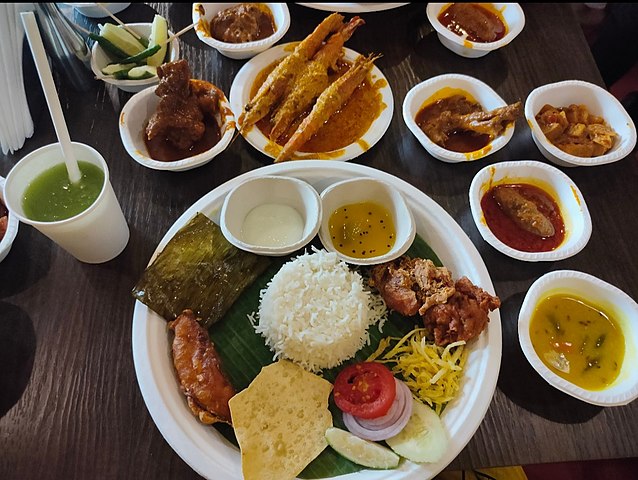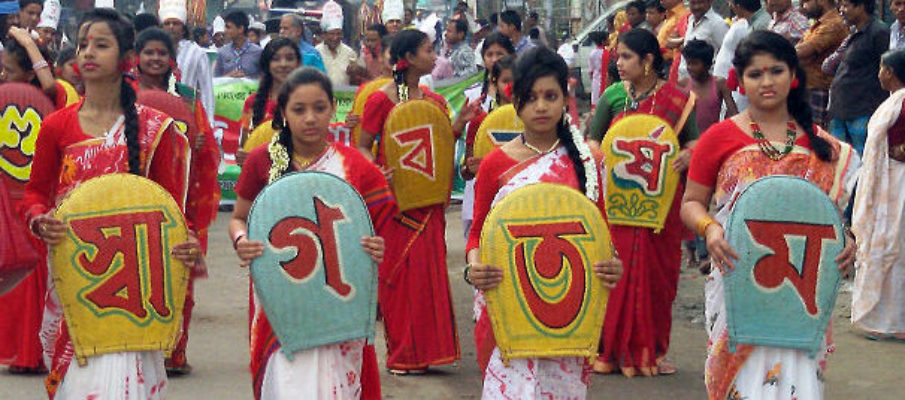Pohela Boishakh is a popular celebration of West Bengal, Bangladesh, Tripura, and Assam. Every year, in the second week of April, Bengalis all over the world celebrate Noboborsho (New Year) or Pahela Baishakh. This day holds a distinctive emotion to the Bengali heart. The Pahela Baishakh is also the beginning of the new financial year for the Bengali business community.
After the three-day of the Gajan Festival, Bengalis welcome the Bengali New Year wholeheartedly. In addition to that, many Bengali households wear new apparel in the new year as it denotes prosperity. The traditional way to greet each other in Pohela Boishakh is by saying শুভ নববর্ষ (Shubho Noboborsho).
Origin of the Bengali Calendar and Pohela Boishakh:
The Bengali New Year is a centuries-old festivity. If you want to know about the origin of this celebration, then you have to go back to the Mughal Realm. As per the folklore, the celebration first started during the reign of the best Mughal Ruler of history Emperor Akbar.

via, WikipediaDuring the era of Mughals, the collection of levies used to follow the Arabic Calendar. However, as the harvesting in India is different from that calendar, it was rather hard to pay taxes for the citizens. In order to solve this jeopardy, Emperor Akbar asked the royal astronomer Fathullah Shirazi to make a new calendar. Thus initiating the Bengali Calendar. It was mandatory to clear taxes before the last day of Chaitra. Following this tradition, traders and shop owners open a new ledger closing the old one.
Nevertheless, the origin of the Bengali Calendar is still obscure. According to some historians, Husain Sha was the one who started the Bengali Calendar. Regardless, the Pohela Boishakh is a famous festival for the Bengalis.
Celebration of Pohela Boishakh
Pohela Boishakh represents the rural Bengal traditions. People clean and decorate their house, and wear new clothes. The day is a way to strengthen relationships with others. Many people visit their relatives and friends on this day. You can also see Bengali songs playing in the clubs, including Eso He Boishakh, Dole Nabin Pata, and other melodies.
Several fairs are held all over the region of Bengal and Bangladesh.
Baishakhi Mela
The Boishakhi Mela starts on Pohela Boishakh and goes on for a few days to a week. You can find several things, including several agricultural goods, cosmetics, jewelry, and more. Many places organize Jatra, Pala Gan, Kavigan, and more. In some Boishakhi festivals, you can also find the merry-go-round and other rides.
Apart from that, several places hold different programs on this. Several fairs are held all over the region of Bengal and Bangladesh.
Also Read:
Top 10 Places you can visit in West Bengal on your first trip
Cultural Programmes on Pohela Boishakh
The first day of the new year is an occasion to celebrate. You can see almost every neighborhood of Bengal holding functions. Little kids, as well as adults, participate in the program. They recite poems, sing songs, as well as dance. Apart from that, many Television and radio channels organize shows encircling Pohela Boishakh.
Watch your favorite Bengali movie or TV shows with your close ones. Some of the best Bengali movies are Baishe Shrabon, Pather Panchali, Chokher Bali, Praktan, Herak Rajar Desher, and more.

via, WikipediaMangal Shovajatra
One of the widely known celebrations of Pohela Boishakh is Mangal Shovajatra. Each year, the teachers as well as the students of the Faculty of Fine Arts of Dhaka University organize this procession. The harmony and integrity of this parade earned the title intangible cultural heritage by UNESCO in 2016.
Dishes on Pohela Boishakh
Bengali cuisine is well-known for its variations and taste. Pohela Boishakh is also the perfect time to enjoy the Bengali Cuisine. The authentic dishes will make your taste buds as well as your heart full.

via, WikipediaHave a traditional full course meal with some of the best delicacies, including:
- Panta Bhat and Fried Ilish.
- Begun Vaja
- Alur dum.
- Sona muger daal
- Lobongo Lotika.
- Fish fries.
- Dhokar dalna.
- bhetki or ilish paturi.
- Mutton kosha.
- Chutney.
- Papad Vaja.
- Roshogolla, and more.


March 27, 2022 @ 11:15 am
Nice!
April 4, 2022 @ 10:54 am
I was just checking when will be the next Bengali New Year and found this..
April 8, 2022 @ 11:15 am
I didn’t know Nababarsha has that long history!
April 8, 2022 @ 4:24 pm
You are providing some good information
April 9, 2022 @ 10:55 am
Lol right
April 11, 2022 @ 11:24 am
Shubho Noboborsho in advance _/\_
August 15, 2022 @ 3:03 pm
Thanks for some other excellent article. Where else could anyone get that kind of information in such an ideal approach of writing? I have a presentation subsequent week, and I’m at the look for such info.
November 28, 2022 @ 10:29 am
Excellent site you have got here.. It’s difficult to find high-quality writing like yours nowadays.
I really appreciate individuals like you! Take care!!